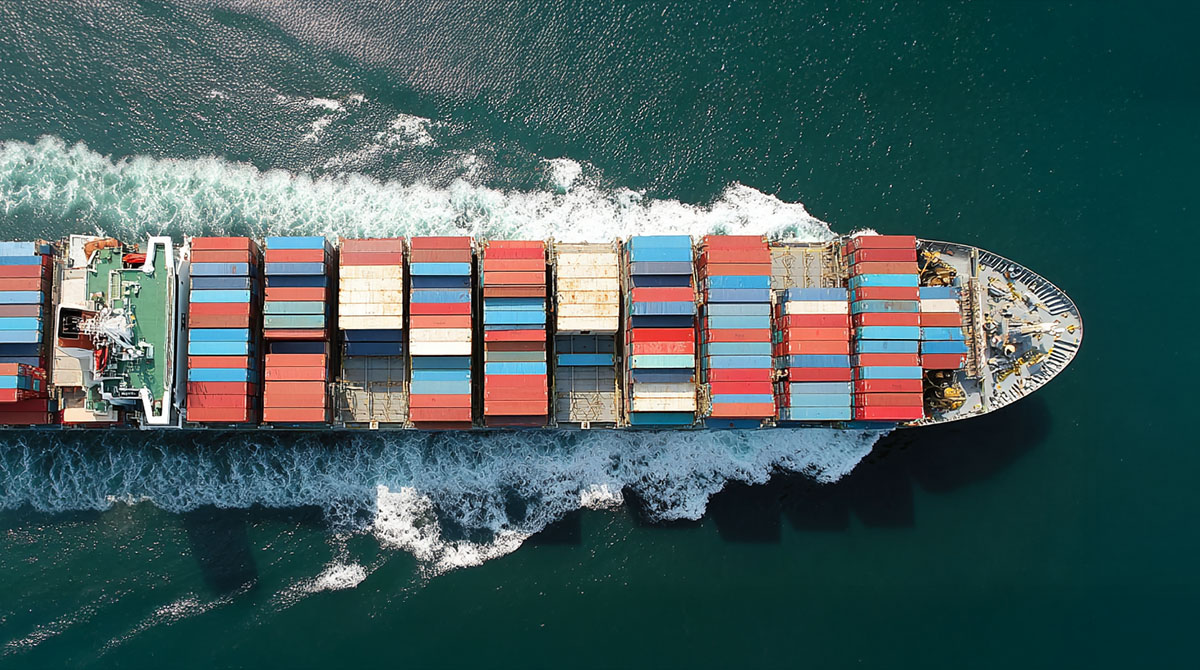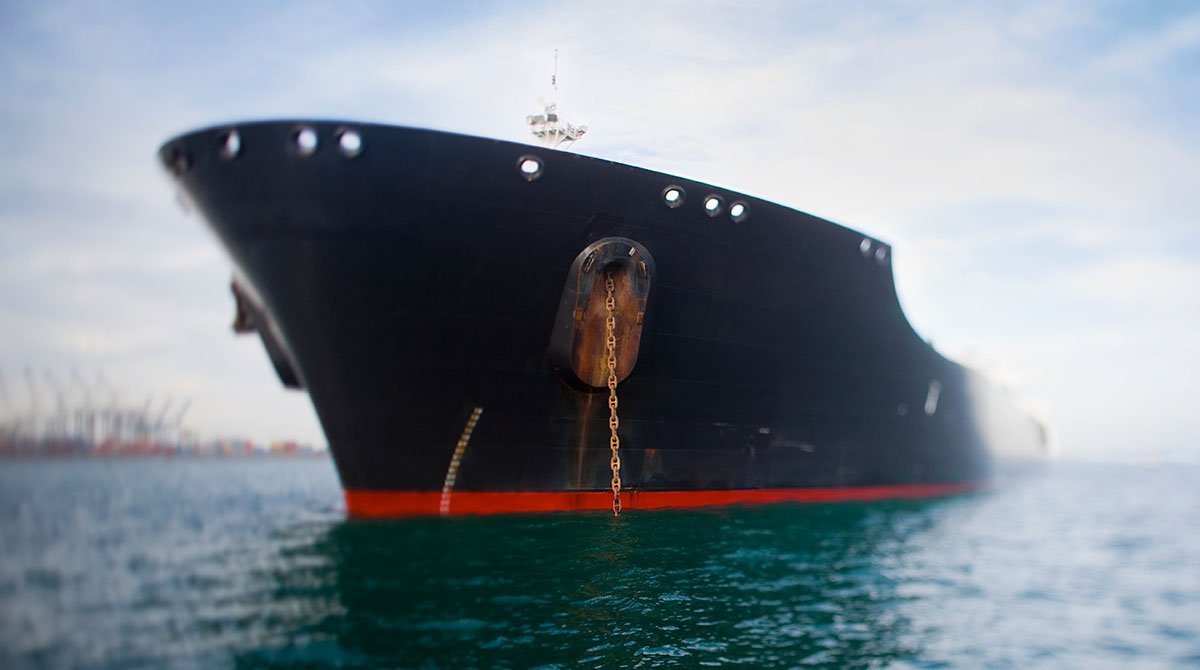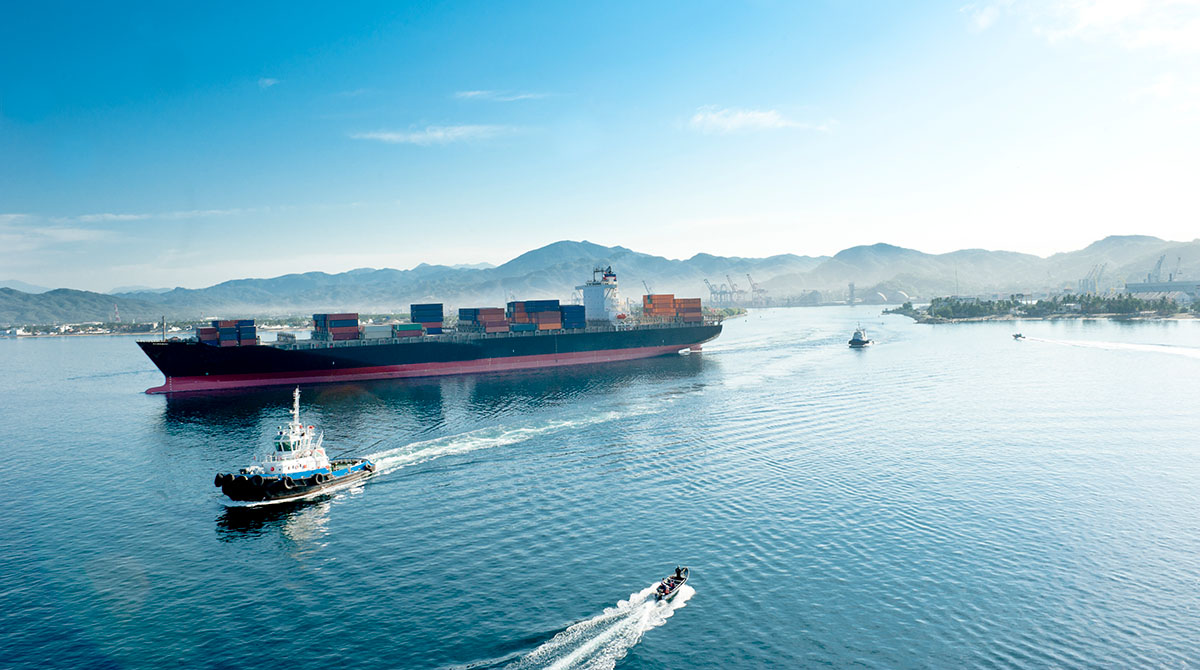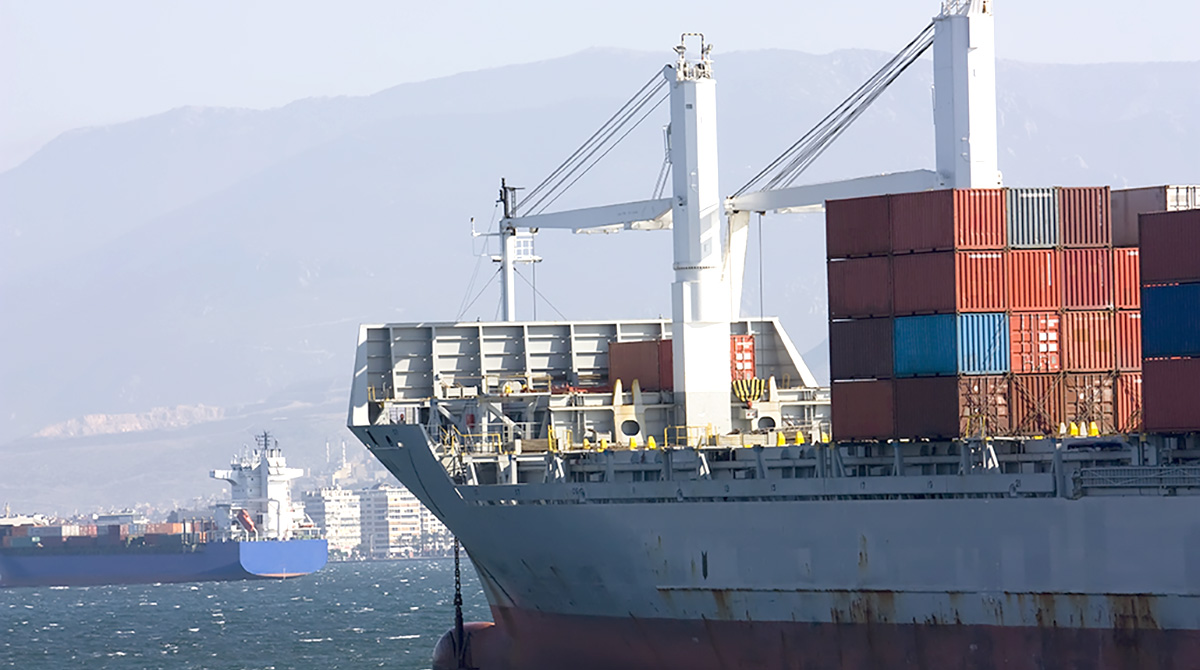Since January 1, 2025, the FuelEU Maritime Regulation has been in effect. Its aim is to reduce greenhouse gas (GHG) emissions from the maritime sector within EU and EEA waters. The regulation sets limits on the emission intensity of ship activities and encourages the use of cleaner fuels and technologies.

In addition to general obligations, the regulation provides exemptions for certain routes and areas, based on their geographical location or type of connection. The main categories are:
- Small Islands
Passenger ships (excluding cruise ships) operating between islands with fewer than 200,000 inhabitants. - Outer Regions of the EU
Areas such as Guadeloupe, French Guiana, Martinique, Réunion, Saint-Barthélemy, Saint-Martin, the Azores, Madeira, and the Canary Islands. - Public Service Connections Between Member States
For example, ferry services between Malta and other EU member states without land borders. - Domestic Connections with Islands
Passenger ships on fixed routes (established before October 12, 2023) between the mainland and islands within the same jurisdiction, such as Ceuta and Melilla in Spain.
Exemptions Depend on National Approval
The categories above may allow for exemptions, but these only apply if explicitly approved and published by the relevant Member State. A ship or route does not automatically qualify for an exemption, even if it falls within an exemption category.
Overview of Countries with Approved Exemptions per Member State
Several Member States have already obtained approved exemptions under different articles of the regulation:
- Denmark (Article 2(3)): exemption for government vessels without commercial purposes, such as customs and police boats.
- Greece (Article 2(3)): exemption for non-commercial government vessels.
- Italy (Article 2(6)): exemption for government vessels and specific routes, mainly ferry services to remote islands.
- Malta (Article 2(3)): exemption for government vessels without commercial functions.
- Spain (Articles 2(3), (4), and (6)): broad exemptions for government vessels, smaller ships, and specific routes such as ferries between the Canary Islands and the mainland.
- France (Articles 2(4) and (6)): exemptions for ships below certain thresholds and for selected routes and operators, such as ferry connections with Corsica.
- Portugal (Articles 2(3) and (4)): exemptions for government vessels and smaller ships with limited emissions.
We advise our members to whether an exemption applies per route and vessel and to obtain confirmation from the competent national authorities. Since exemptions only apply if explicitly approved and published, it is important to assume full compliance with the FuelEU Maritime Regulation in case of doubt.
For questions or support, members can contact the NNPC claims team at claims@nnpc-marine.com.
Click here for the full regulation:
https://eur-lex.europa.eu/legal-content/EN/TXT/PDF/?uri=CELEX:32023R1805



